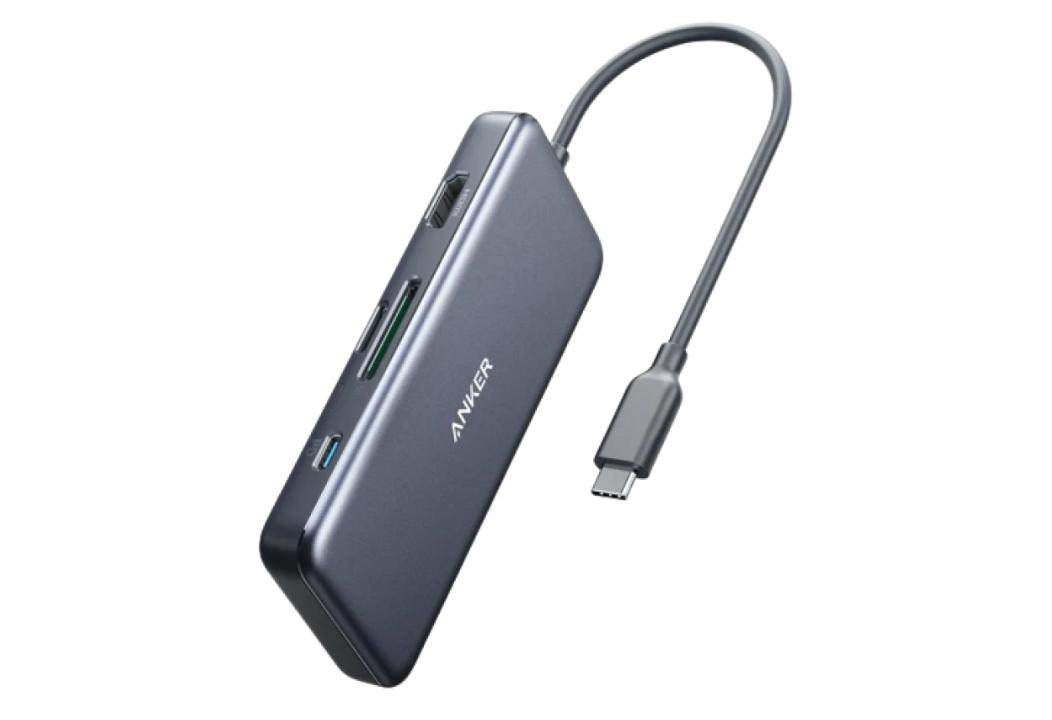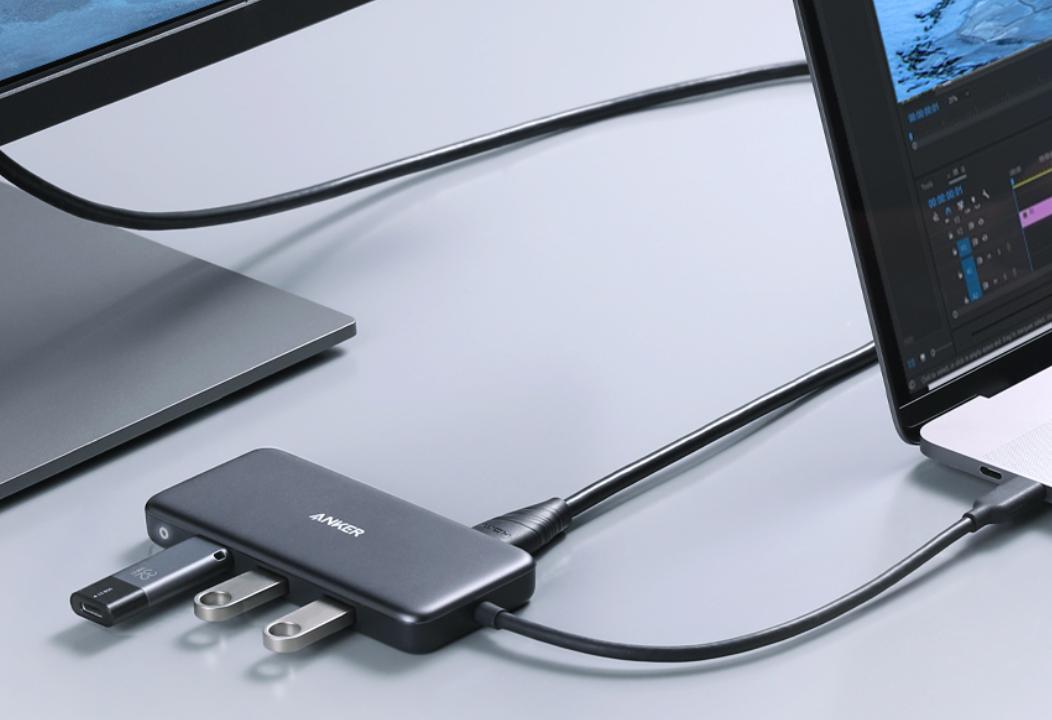A USB-C adapter is a tool used to connect and convert different devices or interfaces. It is designed to simplify the process of device connection and data transfer by allowing you to quickly connect and share data between different types of devices for different needs in daily use and work. This allows users to manage and operate multiple devices more efficiently, improving productivity and user experience. It also has many meanings and uses, which are explained in detail in this article below.
Significance Of USB-C Adapters
Versatility
USB-C adapters can be connected to many types of devices and interfaces, such as computers, cell phones, tablets, monitors, keyboards, mice, and more. By using an adapter, you can make quick and easy connections between different devices. And since different types of interfaces may be used on different devices, such as USB-A, HDMI, VGA and Ethernet, the usb c adapter can convert USB-C interfaces to other types of interfaces. This means you can convert the USB-C port to the desired interface type to meet the connection needs of different devices.
Extended Functionality
USB-C adapters can also provide additional features and expandability, such as charging, data transfer, audio output, video output, and storage expansion. With the adapter, you can charge and connect other devices at the same time, or connect your device to an external monitor or sound system for a better work or entertainment experience. In addition, USB-C adapters are usually small and lightweight, making them easy to carry. This means you can take the adapter with you wherever you go and easily connect different types of devices when you need them, whether at home, in the office, or while traveling. Importantly, USB-C is considered the standard interface for future device connections. Many new computers, cell phones, and other electronic devices already feature USB-C ports. By using a USB-C adapter, you can be compatible with and connect to these new devices.

Flexibility
Due to the widespread use of USB-C adapters, you can choose different types of adapters as needed. For example, you can choose an adapter with multiple USB-A ports, HDMI ports, or SD card slots to meet specific connectivity needs. Let's say you have a computer with a USB-C port, but you need to connect it to an Ethernet network for a more stable and faster network connection. In this case, you can use a USB-C to Ethernet adapter. By using a USB-C to Ethernet adapter, you can easily connect your USB-C device to an Ethernet network for a more stable and fast network connection. This is useful for users who need to perform activities such as high-speed data transfer, play online games, conduct video conferences or download large files. It also provides a convenient solution for accessing wired networks on devices that do not have a built-in Ethernet port.

Cost Savings
Using a USB-C adapter can save you money compared to purchasing multiple individual cables or devices that accommodate different interfaces. Adapters provide an affordable and convenient way to connect and convert different types of interfaces. On top of that, USB-C adapters can increase productivity, especially in the workplace and during business trips. By using an adapter, you can easily connect external monitors, keyboards, and mice, allowing you to handle your tasks more comfortably and efficiently.
Summary
In conclusion, USB-C adapters have many implications such as versatility, interface conversion, extended functionality, portability, future trends, flexibility, cost savings and increased productivity. They offer convenience and flexibility in connecting different devices and interfaces, enabling better adaptation to different technological environments and device requirements.
